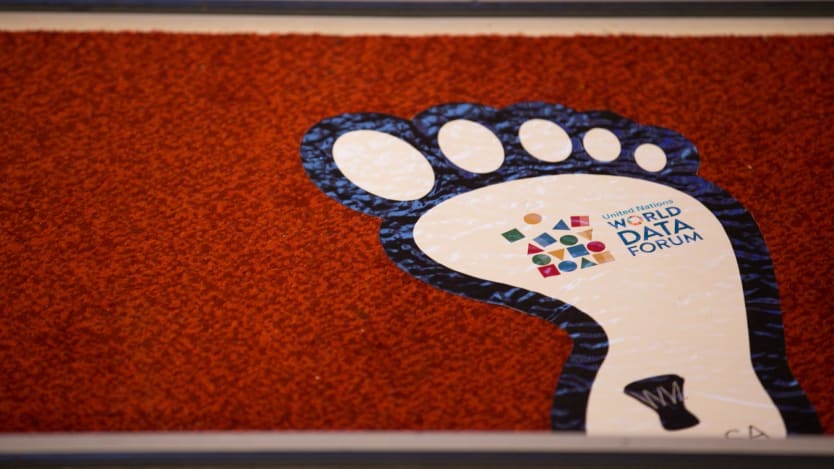
CANBERRA — The second United Nations World Data Forum begins next week in Dubai, United Arab Emirates, bringing together hundreds of creators and users from government, private sector, civil society, and academia to discuss ways to improve and better use data to support the Sustainable Development Goals — as well as launch new data-based initiatives.
The first forum took place in Cape Town, South Africa, in Jan. 2017, and saw commitments from the African Development Bank to scale up their support to statistical and data development in Africa, as well as the launch of the Cape Town Global Action Plan for Sustainable Development Data, which serves as a to-do list for developing data to support the SDGs.
This year, the three-day forum is expected build on that momentum. Already, the communities that were gathered in the first forum are working together. The U.N. now wants to discuss concrete elements of the action plan.
More on data for development:
► With new Tableau partnership, UN looks to modernize data sharing
► The role of the global development community in the data revolution
“It’s really understanding how to continue moving forward and implementing all the strategic objectives of the Cape Town global action plan,” Francesca Perucci, chief of the statistical services branch in the U.N. Statistics Division, explained. “That’s why a focus will be on the financing — a lot has been pushed forward but we really need to enable countries to do their work, and in many cases they still need further [funds] injection to move to the next step.”
The World Data Forum
The forum was originally conceived by the U.N. Statistical Commission, the main intergovernmental data body of the U.N. The commission is “the place where all chief statisticians come together to decide what work needs to be done to improve data, to provide data to the citizen in their respective countries,” she said.
The idea behind the forum “was to provide a space that would broaden the statistical commission itself, where we could bring together experts from all data communities and from a wide range of user groups,” she explained.
Perucci considers the forum an “expanded U.N. meeting” bringing the commission together with the wider data community to foster collaboration and sharing of resources and insights.
“The reason is to have a space where these data communities can come together and understand how create synergy, how to really work together to break silos, launch initiatives,” she said. “So far they have worked in parallel tracks and haven’t really been able to come together. [There]’s a barrier, almost, between official statistical systems and what happens outside. The forum aims to break those barriers.”
The forum was organized under the guidance of the U.N.’s High-level Group for Partnership, Coordination and Capacity-Building for statistics for the 2030 Agenda for Sustainable Development — a group of countries responsible for providing the overall guidance and priorities required to improve use and dissemination of data for the implementation of the 2030 agenda.
What to expect in Dubai?
As part of a focus on financing data, a paper is expected to be launched outlining what needs to be done to mobilize resources and create a mechanism for the delivery of those funds — including mobilizing domestic resources and raising the profile of data and statistical work in countries to ensure funding for fundamental activities.
“This is a key element when it comes to improving data systems,” Perucci said. “This is one of the most underfunded parts of our development agenda. Yet it is so vital to achieving all the goals and … ensuring the ambition of the agenda can … be fulfilled.”
Sessions at the forum will address six key areas of discussion: capacity development, innovation and synergies, leaving no one beyond, understanding the world through data, building trust in data and statistics, and discussion of progress since Cape Town.
Five sessions will be dedicated to gender data with topics covering vital statistics systems for birth and death registration, gender gaps in big data, traditional and nontraditional approaches to closing the gender gap, impact studies, and violence against women.
Creating a dialogue with data producers and users will also be in discussion, with sessions on data journalism, improving data literacy for the public and policymakers and data visualization.
But the majority of sessions will deal with improving the granularity of data and its disaggregation to support leaving no one behind.
With approximately 1,700 people representing 100 countries discussing data matters as part of 87 sessions over three days, there are strong expectations for the forum to make big inroads in responding to the gaps and challenges that exist to achieve the SDGs.
Lisa Cornish attended the U.N. World Data Forum as a Data2X press fellow.








